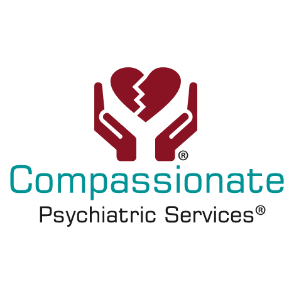Adolescence is a time of significant change, making it challenging to differentiate between typical teenage behavior and signs of mental health issues. Recognizing these signs early can make a big difference.
Behavioral Changes: Differentiating Between Common Shifts and Alarming Signs
- Normal: Occasional irritability or withdrawal.
- Concern: Persistent aggression, prolonged withdrawal, or drastic personality changes.
Emotional Distress: Identifying Typical vs. Concerning Symptoms
- Normal: Temporary sadness or worry linked to specific events.
- Concern: Persistent sadness, hopelessness, or excessive worry affecting daily life.
Cognitive Challenges: Understanding Routine vs. Troublesome Attention Issues
- Normal: Sporadic attention problems tied to disinterest.
- Concern: Consistent difficulty concentrating across settings and over time.
Academic Performance: Differentiating Between Normal Fluctuations and Serious Concerns
- Normal: Temporary drops due to stress or difficult subjects.
- Concern: Ongoing academic decline across multiple subjects despite efforts to improve.
Sleep Patterns: When Common Sleep Issues Signal Something More Serious
- Normal: Occasional sleep issues due to temporary stress.
- Concern: Persistent sleep problems without clear cause, leading to daytime fatigue and difficulty concentrating.
Eating Habits: Spotting the Signs of Unhealthy Changes
- Normal: Fluctuations due to growth spurts or dietary changes.
- Concern: Persistent changes in appetite or weight linked to emotional issues.
Social Challenges: Recognizing When Struggles Go Beyond the Norm
- Normal: Temporary social difficulties during transitions.
- Concern: Chronic isolation, intense social anxiety, or significant behavioral changes.
Serious Concerns: Recognizing Urgent Mental Health Issues
- Self-Harm and Suicidal Thoughts: Always serious and indicative of deep distress, requiring immediate attention.
Group Therapy Benefits at Compassionate Psychiatric Services (CPS)
CPS offers adolescent group therapy sessions, providing essential support through:
- Shared Experiences: Reducing isolation and fostering understanding.
- Peer Support: Offering empathy, advice, and belonging.
- Skill Development: Learning coping strategies and emotional regulation.
- Improved Social Skills: Practicing social interactions in a supportive environment.
- Safe Environment: Sharing feelings in a non-judgmental space.
Supporting Your Child’s Mental Health: Enroll in Group Therapy at Compassionate Psychiatric Services
If you notice signs of mental health struggles in your child, consider enrolling them in our group therapy sessions. Our team at CPS is dedicated to providing professional, empathetic care to help your child thrive. Contact Compassionate Psychiatric Services today for more information and to sign up. Together, we can support your child’s journey to better mental health.



